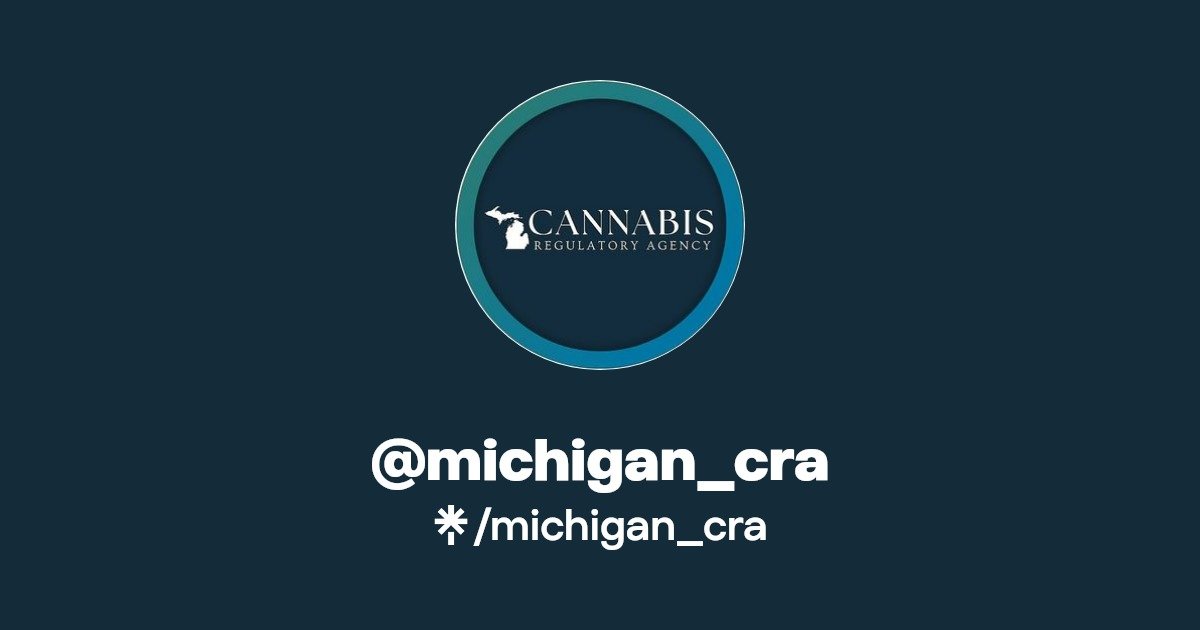A few reminders for producers and microbusinesses – not including Class A Microbusinesses – bringing in non-marijuana ingredients via external transfers:
- All ingredients containing cannabinoids that are added to marijuana or marijuana products must be from a source licensed to grow, handle, and produce cannabinoids under a license issued by a governmental authority and entered into the statewide monitoring system. Please follow the instructions in this bulletin to compliantly enter the package(s) into the statewide monitoring system.
- External cannabinoids must not exceed a Total THC of 0.3% using the following calculation, where Σ is the sum and M is the mass or mass fraction of each THC isomer being reported: Total THC=M Σ THC + (0.877 x M Σ THC-A). The Total THC should be recorded in the statewide monitoring system for each package as outlined in the bulletin.
For example: If a concentrate had 0.74% Delta-8 THC, 2.0% Delta-9 THC, and 1.0% THCa, the formula would look like this: 0.74 + 2.0 + (0.877 x 1.0) = 3.617 Total THC
This concentrate is marijuana, the Total THC exceeds the allowable concentration. Only a licensed marijuana business may transfer marijuana to a marijuana business. - A producer creating marihuana products must have records of formulation and must make them available to the agency upon request, including during routine inspections with a CRA Regulation Officer. A record of formulation includes at a minimum: ingredients, recipe, and processes used to ensure the product is shelf stable, Certificates of Analysis (COA) for any ingredient used, and a description of the process in which all ingredients are combined to produce a final form.
- Producers should retain the COA for each product and review to ensure that it is a compliant product prior to initiating the transfer.
Questions about these requirements may be directed to the Operations Support Section via email to: CRA-Compliance@michigan.gov.







